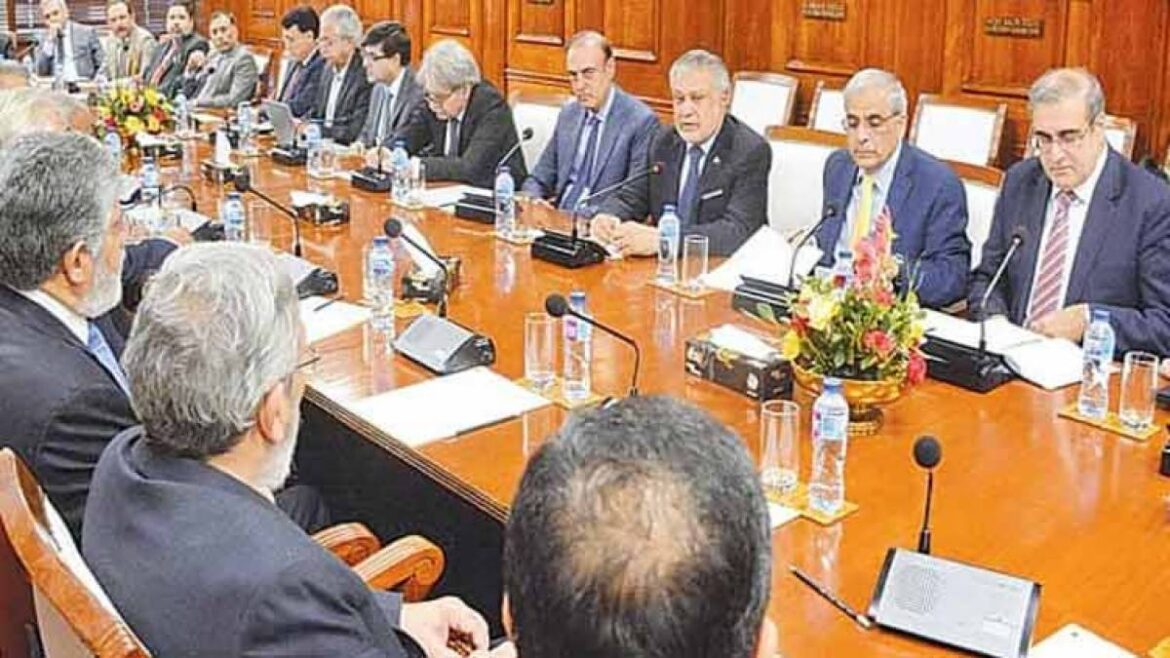By Staff Reporter
ISLAMABAD: The International Monetary Fund (IMF) has tasked Pakistan to secure financing assurances from other multilateral institutions and friendly countries to unlock a $6.5 billion loan programme to avoid a default.
Pakistan and the IMF have been negotiating since early February on an agreement that would release $1.1 billion to the cash-strapped country.
Julie Kozack, the IMF’s Director of Strategic Communications, said aside from support provided by the IMF, Pakistan’s, EFF supported program receives financing from other multilateral institutions, including the World Bank, the ADB, and the AIIB and bilateral partners, notably China, Saudi Arabia, and the UAE.
“So, we do need to ensure that we have those financing assurances in place in order for us to be able to take the next step with Pakistan,” Kozack told a media briefing in Washington.
“Timely financial assistance from external partners will be critical to support the authorities’ policy efforts and ensure the successful completion of the review.”
She said discussions are ongoing between IMF staff and the Pakistani authorities toward a Staff Level Agreement on policies to complete the ninth review of Pakistan’s extended Fund Facility, and Pakistani authorities are committed to implementing the necessary reforms.
“They’ve started to implement decisive actions to stabilize the economy and restore confidence.”
She said a Staff Level Agreement will follow once the few remaining points are closed, including a proposed fuel pricing scheme, are settled.
The latest issue is a plan, announced by Prime Minister Shehbaz Sharif last week, to charge affluent consumers more for fuel, with the money raised used to subsidise prices for the poor, who have been hit hard by inflation, which in February was at its highest in 50 years.
The scheme is planning a difference of around 100 Pakistani rupees a litre between the prices to be paid by the rich and poor.
Petroleum Minister Musadik Malik told media on Thursday that his ministry had been given six weeks to work out the pricing plan. It would be not a subsidy but a relief programme aimed at helping the poor, he said.
But the IMF’s resident representative in Pakistan, Esther Perez Ruiz, said the government had not consulted the fund about the fuel pricing scheme.
Ruiz said the fund would ask the government for more details about the fuel proposal, including how it would be implemented and what protection would be put in place to prevent abuse.
Copyright © 2021 Independent Pakistan | All rights reserved




